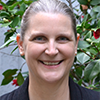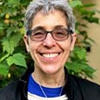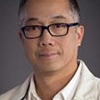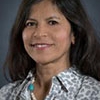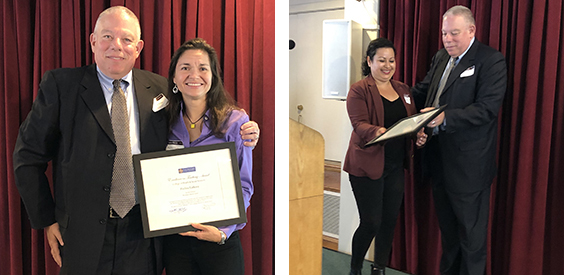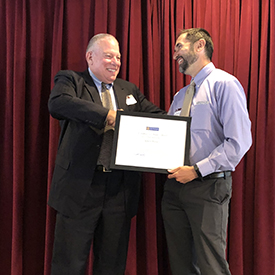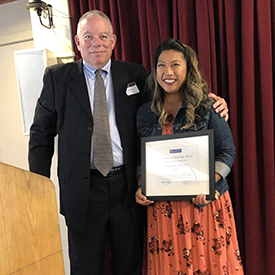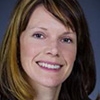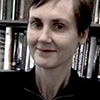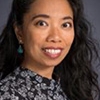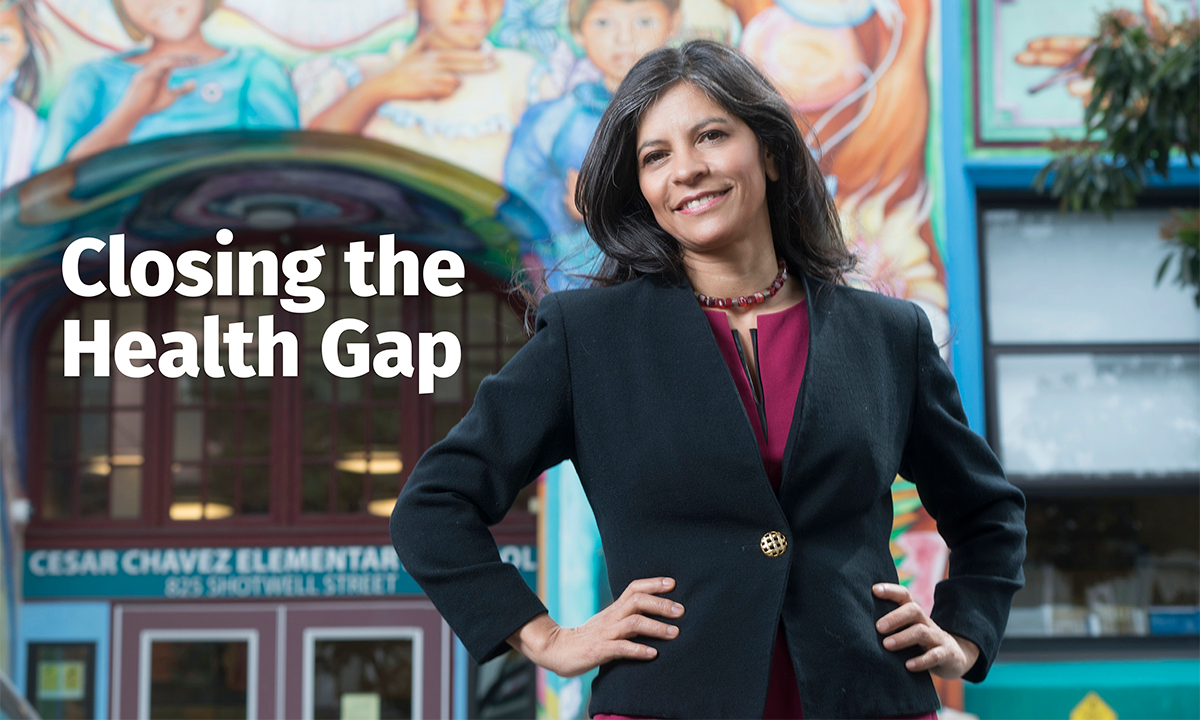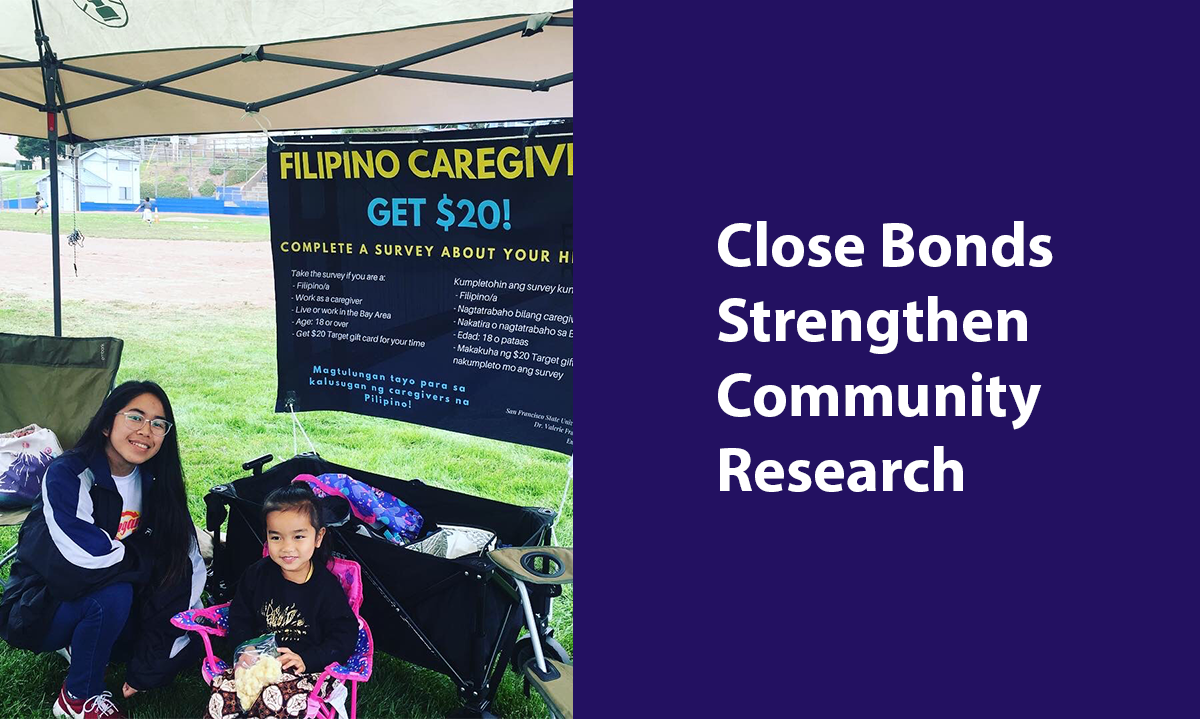CHSS announces winners of 2021 Faculty Excellence Awards
SF State’s College of Health & Social Sciences announces the 2021 recipients of the CHSS Faculty Excellence Awards, established to underscore the College’s deep commitment to excellence in teaching, scholarship and service.
Excellence in Teaching (Tenure-Track)
Molly McManus
Assistant Professor, Department of Child & Adolescent Development
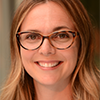
Molly E. McManus began her career in education as a bilingual early elementary school teacher in Oakland and San Francisco. In the classroom, she developed a deep respect for and curiosity around the sophisticated knowledge and capabilities that young Latinx children from immigrant families demonstrate when offered culturally sustaining, agentic learning opportunities. This respect and curiosity carry over into her teaching and learning with undergraduates in the Department of Child & Adolescent Development, where Molly designs learning opportunities that center students own developmental experiences as an entry point into exploring the cultural nature of development and its connections to practice and advocacy.
McManus earned her Ph.D. in Educational Psychology with a concentration in Human Development and Learning Sciences and completed a post-doctoral research fellowship with the Agency and Young Children Research Collective at the University of Texas at Austin. Her scholarship centers the perspectives of young children of color and focuses on the cultural nature of learning and development. McManus investigates the impact of different school-learning experiences on young children of color, particularly considering how young Latinx children of immigrants identify as learners and understand the process of learning. She explores the social, academic, cultural and linguistic implications of these learning experiences from the perspectives of young children themselves and examine how teachers and systems shape the type and quality of children’s learning experiences. Her scholarship has been published in a range of journals including Harvard Educational Review, Teachers College Record, Contemporary Issues in Early Childhood Education, Anthropology and Education Quarterly and Perspectives on Early Childhood Psychology and Education.
Excellence in Teaching (Lecturer)
Hamida Nusrat
Lecturer, Clinical Laboratory Science Program
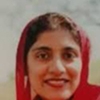
Hamida Nusrat teaches, trains and mentors Clinical Laboratory Science (CLS) and Public Health Microbiology (PHM) interns and works as a public health microbiologist at Solano County Public Health Lab. She earned her M.S./Ph.D. in Clinical Microbiology and Immunology from the University of Karachi, Pakistan, and holds dual faculty positions in the CLS Program at SF State and in the Post-Baccalaureate Program at UC Berkeley. Nusrat has always been inspired by biomedical sciences and their relevance in day-to-day life and is passionate about training students in various disciplines of clinical and public health microbiology on new methodologies of innovative diagnostic assays. She received 14 enthusiastic nominations for this award from students based on her performance in course design and pedagogy, teaching effectiveness and student development.
Nusrat has been a member of the American Society for Microbiology (ASM) since 2003 and of Northern California-ASM (NCASM) since 2008. She has served at NCASM in various leadership roles over the years and has been actively involved in the Board and Planning Committee meetings for making revisions for uplifting the organization. In her strategic position as the LabAspire Public Health Laboratory Director (PHLD) Training Program coordinator, affiliated with California Department of Public Health (CDPH), she networks with public health microbiology experts from Ukiah to San Diego, schedules meetings with state and county public health agencies, tracks and maintains training documents for the PHLD fellows, and prepares and submits the annual grant budget for the LabAspire PHLD Training Program. She is also actively involved in the training and certification of PHM interns through CDPH.
Excellence in Scholarship
Kate Hamel
Professor, Department of Kinesiology
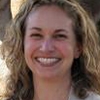
Kate Hamel earned her P.hD. in Biomechanics and Locomotion Studies with a minor in Gerontology from Pennsylvania State University in 2002. Her broad interdisciplinary background in engineering, kinesiology, biomechanics and gerontology led to her current research program, the MAREY Lab, which is primarily focused on age-related changes in sensory systems and cognitive processes and how these changes impact the biomechanics of gait and balance in older adults.
The MAREY Lab conducts state-of-the-art research in the areas of biomechanics, motor learning and development, motor control, visual perception, gerontology and rehabilitation and provides research training opportunities for SF State students that are comparable in rigor to what they might receive at a R1 institution. These opportunities are grounded in developing self-efficacy and mastery in the research process and provide exposure and opportunity for a student population that is often marginalized in more traditional research settings. For many of the students, these experiences are critical to their development — they often have no exposure to research prior to participating in the lab and may never have considered the doors that it can open and the opportunities it can provide in terms of their future careers.
Hamel has mentored more than 75 undergraduate and graduate students through her research group, and over 80 percent have been women, students of color and/or students from disadvantaged backgrounds. Nearly all the undergraduate students from her lab have gone on to graduate or professional degree programs and many of her graduate students have continued on to Ph.D., DPT, DO, MD and PA programs, with a handful going on to manage research labs themselves. She has also provided research experience and laboratory training for hundreds of undergraduate and graduate students in the MAREY Lab through the courses that she teaches, including KIN 437/747, KIN 680, KIN 730 and KIN 736.
Excellence in Service
Anthony Mayo
Lecturer, Department of Kinesiology
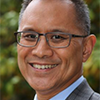
Anthony Mayo has been a part of the Department of Kinesiology at SF State since earning his master's degree in 2003. He was a lecturer from 2006-2009, went to earn his Ph.D. at the University of Minnesota, and then returned as a lecturer in 2013 as a lecturer. In addition to teaching many of the department’s core, emphasis and senior classes over the years,Mayo has gone above and beyond in offering his service to the department, most prominently in his role as an advisor for the Kinesiology Student Association (KSA).
The KSA offers several career-focused events through the year (e.g., career nights, graduate school extravaganza), puts on the department’s research expo and plans and executes the department's recognition ceremony. Mayo has worked significantly to help KSA and its officers succeed. He attends all the meetings for the organization, offers feedback on events, connects students with speakers and networking opportunities, provides ideas for their year-long agenda and keeps them on track as they work toward their goals.
Mayo has been a mentor and advocate for more than 25 students over the past five years, many of them first-generation college students who need guidance with navigating the University system, figuring out prerequisites for graduate school and determining the experiences needed to get into a program. Mayo helps them with this process, including meeting to talk about their career plans, editing drafts of their personal statements and resumes and discussing specific ways that they can strengthen their applications to allied health graduate programs. These students have gone on to physical therapy school, occupational therapy school, chiropractic school and medical school, among others, and at top schools across the country.
